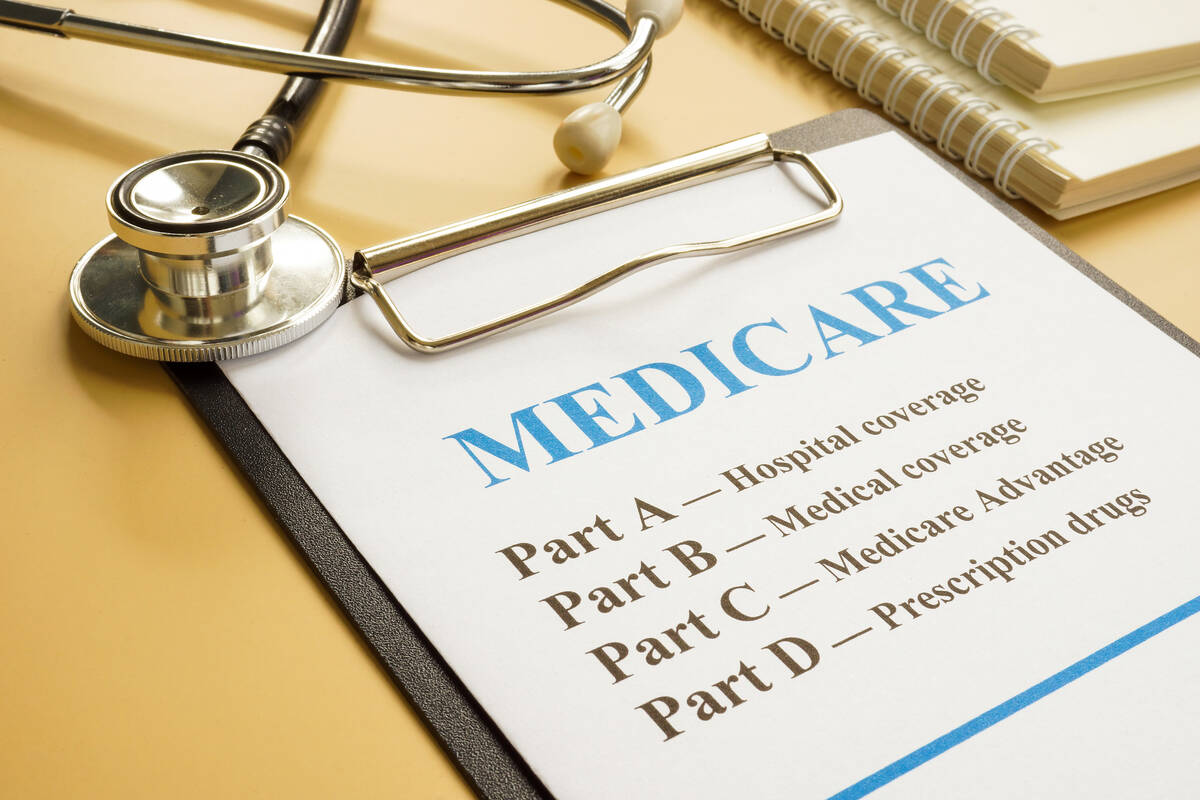The Medicare basics that everyone should know
Dear Toni: I need to make the right Medicare decision because I turn 65 soon and have not had a health plan for two years. I do not know where to start or what to do. Can you please simplify the enrollment process for me? — Cynthia, Alvin, Texas
Dear Cynthia: No one wants to make the wrong Medicare or medical decision, which only adds stress to getting older. To simplify enrollment and understand Medicare, here are the basics that everyone needs to know:
Enroll at the right time
■ If turning 65 and receiving your Social Security check, your “Welcome to Medicare” kit will be mailed with your Medicare card 90 days before you turn 65.
■ If turning 65 and not receiving your Social Security check and not working full time with true employer group health insurance, you will want to enroll in Medicare Parts A and B at ssa.gov.
■ If turning 65 and working full time with true employer group health insurance whether through your or your spouse’s employer benefits, you may want to delay enrolling in Medicare until you or your spouse retire or are laid off.
Medicare is not free
Medicare covers a lot, and there is a cost associated with Parts A and B.
The premium for Part A is at no cost if you worked 10 years, or 40 quarters, and paid Medicare taxes. Part B has a premium that is based on your annual income.
In 2025, most Medicare beneficiaries pay $185 each month for their Part B premium. The deductible for Part A (hospital) for 2025 is $1,676, not once a year but every 60 days, or six times a year. The 2025 Part B deductible is $257 once a year with Medicare paying 80 percent of the approved amount and you paying the remaining 20 percent.
Learn the different Medicare parts
Original Medicare is Parts A and B and covers hospital, medical and provider expenses. Part C, known as an Advantage plan, is another way of receiving your Medicare benefits. Part D is the Medicare prescription drug coverage that can be a stand-alone plan with original Medicare and a Medicare supplement or part of a Medicare Advantage plan.
Original Medicare
Parts A and B have no network. Part A covers inpatient hospital, skilled nursing/rehab facility, home health and hospice care. Part B covers doctor services, outpatient surgery/services, lab/X-rays, MRIs, durable medical equipment, and preventative services.
Medicare Advantage Plan
You must be enrolled in original Medicare to qualify for an Advantage Plan HMO or PPO offered by private insurance companies. An Advantage plan has a network with health care professionals or facilities that provide lower in-network rates. You do not use Medicare card because Medicare will pay the Advantage plan for your care. You will have copays, deductibles and maximum out-of-pocket costs associated with your care.
Toni King is an author and columnist on Medicare and health insurance issues. If you have a Medicare question, email info@tonisays.com or call 832-519-8664.

















